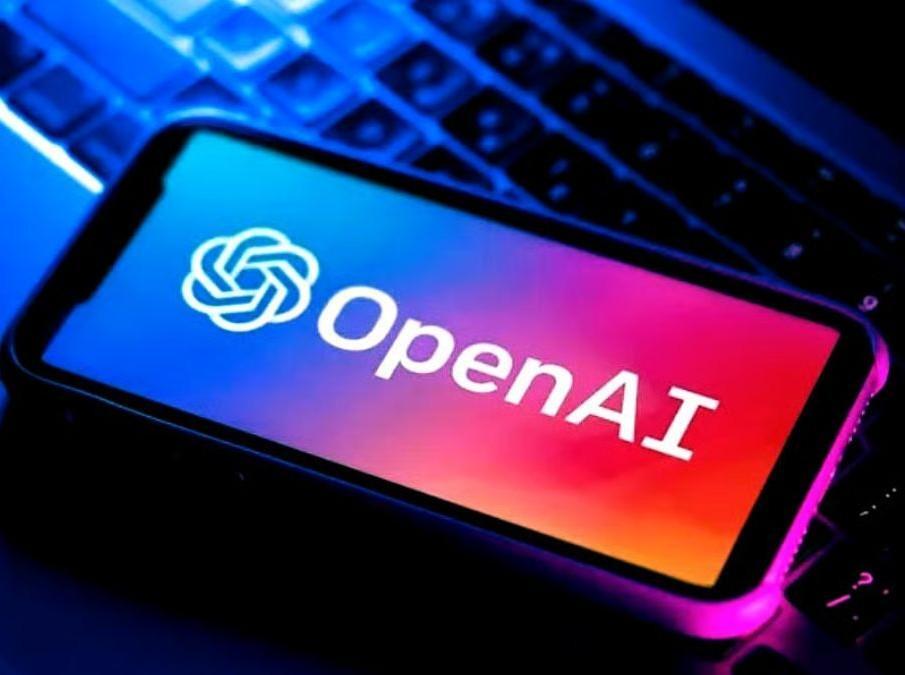
OpenAI Releases Downloadable AI Models for Public, Offline Use
In a groundbreaking move, OpenAI, a leading artificial intelligence research organization, has released two AI models called gpt-oss-120b and gpt-oss-20b. For the first time since 2019, the company is allowing anyone to download and run the full model on their own computer. This development marks a significant shift in the way AI technology is accessed and used, giving users greater control and flexibility over their AI experience.
The release of these AI models is a major milestone in the history of OpenAI, and it has sent shockwaves throughout the tech community. The models, gpt-oss-120b and gpt-oss-20b, are designed to perform a wide range of tasks, from natural language processing to text generation. They are also capable of learning and adapting to new data, making them incredibly powerful tools for developers and researchers.
What makes this release so significant is that it allows anyone to download and run the AI models without needing an internet connection, expensive subscriptions, or even asking OpenAI’s permission. This means that users can access and use the models on their own terms, without being limited by bandwidth or cost constraints.
The implications of this release are far-reaching, and it has the potential to democratize AI technology. No longer will users be reliant on cloud-based services or expensive software to access AI models. Instead, they will be able to run the models on their own computers, giving them greater control and flexibility over their AI experience.
So, what exactly are gpt-oss-120b and gpt-oss-20b, and what makes them so powerful? According to OpenAI, these models are based on the transformer architecture, which is a type of recurrent neural network (RNN) that is specifically designed for natural language processing tasks. The models have been trained on a massive dataset of text, including books, articles, and websites, and they are capable of generating text that is virtually indistinguishable from human-written text.
One of the most impressive features of these models is their ability to learn and adapt to new data. This means that they can be fine-tuned to perform specific tasks, such as language translation or text summarization, and they can even be used to generate entirely new content.
The release of these AI models has significant implications for a wide range of industries, including healthcare, finance, and education. For example, healthcare professionals could use the models to generate personalized patient reports, while financial analysts could use them to generate reports and forecasts. Educators could use the models to generate interactive lessons and exercises for their students.
But the implications of this release go far beyond just these industries. The ability to run AI models on your own computer has the potential to democratize AI technology, giving individuals and organizations the power to create and innovate without being limited by cost or bandwidth constraints.
Of course, there are also some potential downsides to this release. For example, the ability to run AI models on your own computer without needing an internet connection could potentially be used for malicious purposes, such as generating spam or malware. Additionally, the release of these models could potentially disrupt the AI services market, as users may no longer need to rely on cloud-based services to access AI models.
Despite these potential downsides, the release of gpt-oss-120b and gpt-oss-20b is a major development in the world of AI, and it has the potential to revolutionize the way we use and interact with AI technology. By giving users greater control and flexibility over their AI experience, OpenAI is empowering individuals and organizations to create and innovate in ways that were previously impossible.
In conclusion, the release of gpt-oss-120b and gpt-oss-20b by OpenAI is a major milestone in the history of AI, and it has significant implications for a wide range of industries and users. By allowing anyone to download and run the full model on their own computer, OpenAI is democratizing AI technology and giving users greater control and flexibility over their AI experience.






